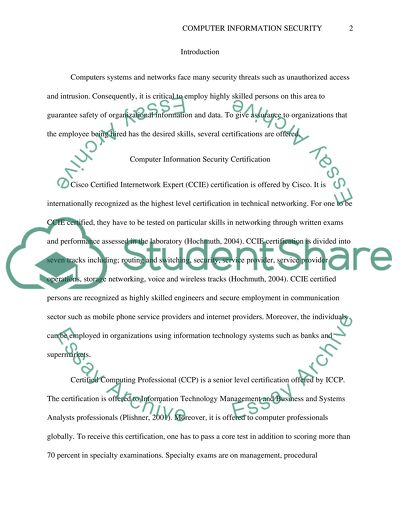Cite this document
(“Computer Information Security Certification Research Paper”, n.d.)
Computer Information Security Certification Research Paper. Retrieved from https://studentshare.org/information-technology/1446550-different-types-of-security-certifications-for
Computer Information Security Certification Research Paper. Retrieved from https://studentshare.org/information-technology/1446550-different-types-of-security-certifications-for
(Computer Information Security Certification Research Paper)
Computer Information Security Certification Research Paper. https://studentshare.org/information-technology/1446550-different-types-of-security-certifications-for.
Computer Information Security Certification Research Paper. https://studentshare.org/information-technology/1446550-different-types-of-security-certifications-for.
“Computer Information Security Certification Research Paper”, n.d. https://studentshare.org/information-technology/1446550-different-types-of-security-certifications-for.


